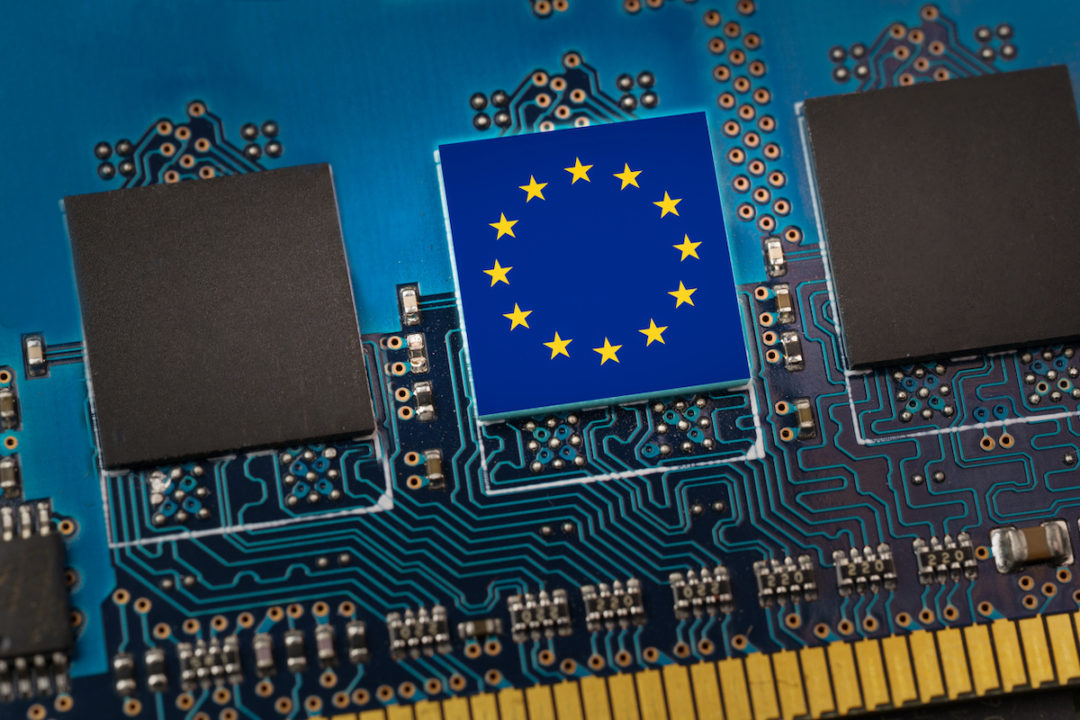A report from the European Court of Auditors (ECA) concluded that the European Union's bid to produce its own supply of microchips is "deeply disconnected from reality," and that the bloc is unlikely to meet its goal of achieving a 20% share of the global market by 2030. “The EU urgently needs a reality check in its strategy for the microchips sector," said ECA member Annemie Turtelboom in an April 28 release. "This is a fast-moving field, with intense geopolitical competition, and we are currently far off the pace needed to meet our ambitions.
" According to the ECA, the EU would have to quadruple its existing microchip production capacity to meet its 2030 target, and is currently "nowhere close" to that pace. Auditors warned of a strategy that's been far too fragmented and scattered, especially given that the EU's 2022 Chips Act had no mandates for coordinated national investments or funding streams. Auditors also cited several other factors at play, including the EU's dependency on imported raw materials, as well as high energy costs, export controls and a shortage of skilled workers.

When it was passed, the Chips Act called for €86 billion ($98 billion) in investments for microchip production by 2030, as a response to supply chain shortages brought on by the pandemic. And while the ECA noted that the legislation was created out of a sense of urgency, that made it so standard procedures — such as evaluating previous strategies and assessing larger impacts — weren't followed. China is expected to outpace Taiwan as the world's biggest manufacturer of microchips by 2030, when it's projected to claim an estimated 22% of the global market, compared to just 8% for the EU.
"Europe needs to compete — and the European Commission should reassess its long-term strategy to match the reality on the ground," Turtelboom said..
Top

EU 'Far Off' Its Goal for Microchip Production

Auditors warned of a strategy that's been far too fragmented, especially given that the EU's 2022 Chips Act had no mandates for coordinated national investments or funding streams.











